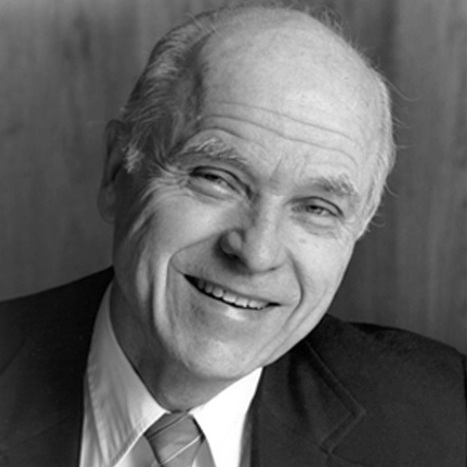From the Director

This month I'd like to introduce you to Ted Yamamori and his fervent interest in a solution for the problem of the training of missionaries. He sees the BIG PICTURE. (Check his commencement address, p.9)
J We're interested, too. In fact, one of the central concerns of the U.S. Center for World Mission is to develop unique pilot programs. (Older institutions fr might find it difficult to experiment in these ways). We believe that the college experience itself must be redesigned, and certainly graduate education, etc.
Our new pattern (6 months overseas every year, work/study to stay out of debt) Is just one crucial reason why the U.S. Center and its specialized university, the William Carey International University, needs to survive!
However, however, however . . before we talk about OUR survival, let us talk about our consistent concern for other mission agencies and their survival. It's a strange faith God has given us to believe that we can "seek first His kingdom and all the necessary gifts will come to you".
On page four I try to sketch briefly this strange and compelling faith how from the beginning God has seemed to lead us AWAY from a "get the money first' policy, to a series of programs describable as "give to the cause first". These programs differ drastically from conventional fund raising.
This amazing story which my wife's book also describes, is much more gripping than any Alice in Wonderland series of new discoveries. Every inch forward has meant a thrilling expansion of our vision.
Now, however, this issue of Mission Frontiers presents the most exciting and soul stirring step forward that we have ever taken. You may decide this is the time to bail out. "They've gone too far!" "Who, me? A missionary?" Note that you can't be too old, but you may earn too much We really don't expect those who have substantial incomes to be able to take the kind of step we are talking about. (For most, the higher the income, even higher the expenses.)
One thing is clear: we would much rather pay off the campus by means of a method that will do more than just pay off the campus, a method that will literally revolutionize the mission cause. Why not? The mission cause, not the campus, is the business we're in. See pages 4-7.
As one man put it in Washington DC a few weeks ago I just can't get it out of my mind "it's as if God has asked you to tie your survival to the welfare of the overall mission cause". Maybe he's right! How about you? Are you ready to risk your survival?







comments